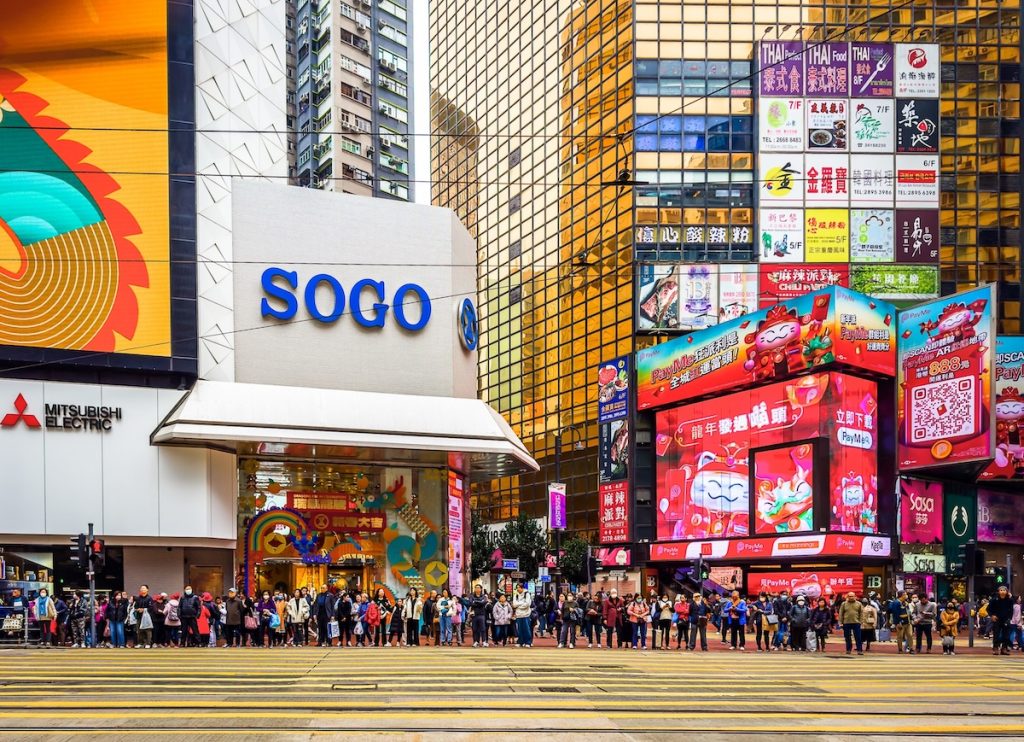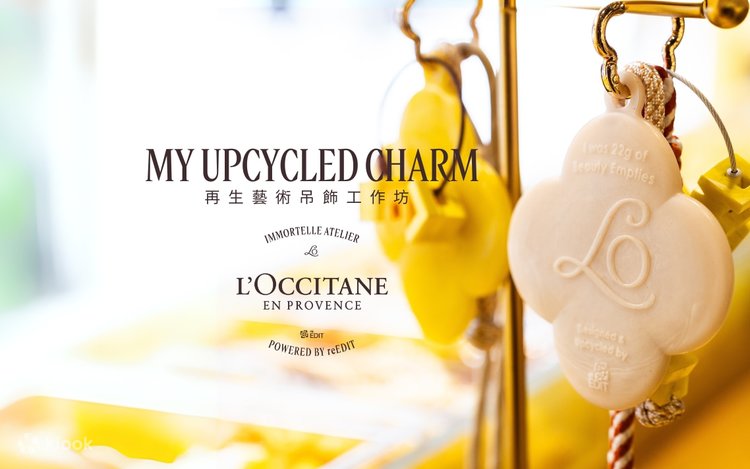The New Hong Kong GenZ & Millennial Consumers: Four Trends
Hong Kong’s consumer landscape is undergoing a profound transformation. As we navigate through 2025 and beyond, the younger generations are rewriting the rules of consumption, moving away from traditional displays of wealth toward more nuanced expressions of value, identity, and purpose. Four distinct trends are emerging that reveal how Hong Kongers are reimagining their relationship with luxury, experiences, and brands.
The Shift from Conspicuous to Conscious
The most striking change in Hong Kong’s consumer behavior is the movement away from logo-heavy, ostentatious displays of wealth toward what we call “Quiet Luxury Localism.” Today’s affluent millennials and older Gen Z consumers are seeking understated elegance that speaks to cultural roots and craftsmanship rather than global brand recognition.

Walk through Central or Causeway Bay today, and you’ll notice something different. The queues aren’t forming outside stores with the biggest logos, but rather at boutiques like Kapok, Sau Lee, and The Armoury: brands that embody Hong Kong’s unique identity and artisanal heritage. Hotels like Rosewood and The Upper House have pinned their positioning to emphasize harbour heritage and discreet service over opulent displays. Even in dining, restaurants like The Chairman and Ando are winning hearts through refinement and restraint, letting quality ingredients and subtle presentation speak louder than gilded interiors. It’s no accident that Bar Leone, recently voted world’s best bar, is located on a quiet street away from well-known entertainment districts like Lan Kwai Fong.
This shift represents a fundamental redefinition of status. Cultural depth, local authenticity, and quiet sophistication have become the new markers of discernment. International luxury brands are taking notice, increasingly collaborating with Hong Kong designers and creating site-specific experiences that resonate with local sensibilities.
Finding Paradise Without a Passport
The second major trend reshaping consumer behavior is what we call “Experiential Escapism”: the pursuit of micro-adventures within Hong Kong that deliver the mental renewal traditionally associated with overseas travel. As hybrid work arrangements become permanent and post-pandemic travel patterns stabilize, Hong Kongers are discovering that meaningful escapes don’t require airport lounges or hotel points.
This trend manifests in fascinating ways across the city. Luxury hotels are packaging “urban retreats” that transform a weekend staycation into a transformative experience. The Upper House offers wellness staycations that feel worlds away from the bustling streets below, while Eaton HK has created creative residencies that blend hospitality with artistic exploration. In Sham Shui Po, DIY leathercraft studios and ceramics workshops are booming as consumers seek hands-on creative experiences that provide both skill- building and stress relief. How do you find them? Just search on Klook or EventBrite.
What’s driving this trend is a fundamental shift in how consumers define leisure. It’s no longer about the distance traveled or the exotic locale visited, but about the quality of mental renewal achieved. Forest bathing sessions in the New Territories, sound bath experiences in converted industrial spaces, and curated food walks through traditional neighborhoods all offer the sensory richness and novelty that once required international flights. Social media amplifies this trend, with users carefully curating their micro-escapes to balance authentic self-care with aesthetic storytelling.

The Pleasure Principle, Reimagined

Perhaps no trend better captures the complexity of modern Hong Kong consumers than “Conscious Hedonism”, the pursuit of pleasure and indulgence, but with a moral or social rationale attached. It’s about finding ways to enjoy life’s pleasures while contributing to sustainability, supporting local production, or advancing social good.
This mindset reflects Hong Kong’s unique balance of pragmatism and pleasure. Consumers still want to indulge, but they’re choosing versions of indulgence that align with their values. For example, Amber’s zero-waste initiatives have gained cultural cachet among status-conscious diners who want sustainable luxury experiences. Local fashion brands like Refashioned, Angus Tsui and Classics Anew are attracting affluent shoppers not despite their use of upcycled materials, but because of it. Luxury stores are offering upcycling workshops and limited carbon-neutral editions, transforming shopping from pure consumption into an act of social responsibility.
The consumer narrative has evolved from “I deserve it” to “I deserve it, but I’ll choose the version that’s better for the planet or community.” This subtle but significant shift is spreading from niche segments to the aspirational middle and upper classes, making eco- conscious consumption not just acceptable but desirable. For brands, this means that sustainability and ethics are no longer nice-to-have add-ons but essential components of the value proposition.
The Digital Gateway to Reality
The fourth trend fundamentally alters how consumers discover and engage with brands. “Digital-First Discovery” reflects the reality that most consumer journeys now begin online, with digital channels shaping perceptions long before any physical interaction occurs.

Digital platforms have become the primary lens through which consumers view and evaluate the physical world.
Platforms like Xiaohongshu have become tastemakers in beauty, fashion, and lifestyle through user-generated content that feels more authentic than traditional advertising. Instagram drives trends in dining and experiences, with “Instagrammability” becoming a legitimate business consideration. Google Maps has evolved from a navigation tool to an essential discovery platform for local businesses and services. Meanwhile, the rise of AI- powered search summaries means consumers can access and synthesize information from multiple sources without ever visiting a website, a phenomenon known as “zero-click search.”
This digital-first behavior has profound implications for how brands must operate. Online reviews and recommendations from social circles and trusted influencers carry more weight than traditional marketing messages. Visual storytelling has become paramount, with brands needing to create content that’s not just informative but shareable and visually compelling. For physical retailers and restaurants, managing their digital presence from Google reviews to social media tags has become as important as managing their physical spaces.
What This Means for the Future
These four trends—Quiet Luxury Localism, Experiential Escapism, Conscious Hedonism, and Digital-First Discovery—aren’t operating in isolation. They’re interconnected forces that collectively point toward a new consumer paradigm in Hong Kong. Together, they reveal consumers who are more sophisticated, more values-driven, and more digitally native than ever before.
For brands operating in or entering the Hong Kong market, success will require a fundamental rethinking of traditional approaches. Speaking heritage rather than dominance, creating time-efficient but immersive experiences, blending pleasure with purpose, and mastering authentic digital storytelling are becoming essential for relevance.
The Hong Kong consumer of 2025 isn’t rejecting luxury or experiences; they’re redefining them. They want authenticity over excess, immersion over distance, ethics alongside enjoyment, and digital discovery that leads to meaningful real-world engagement. In this new environment, brands that comprehend and adapt to these changes will not only survive, but flourish.